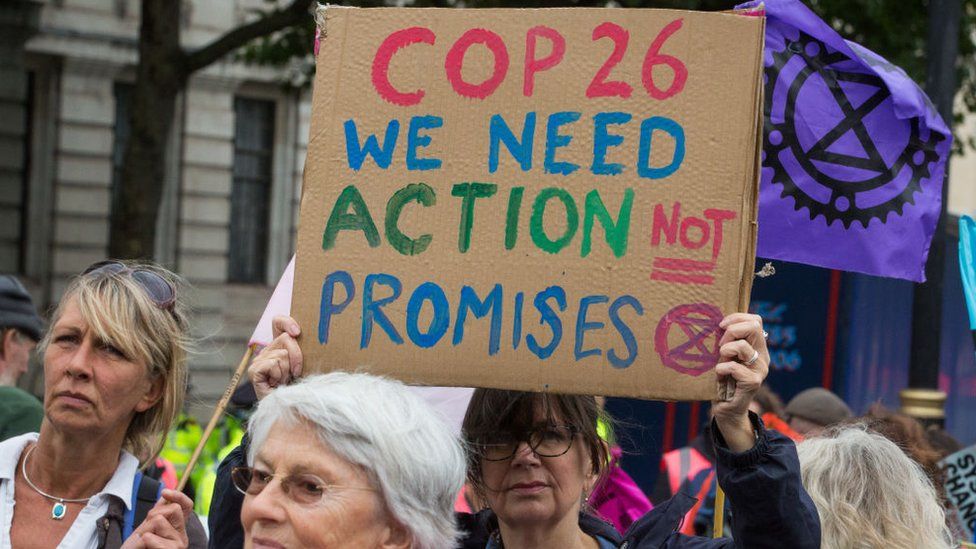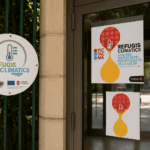The COP26(Conference of the Parties 26) negotiations have finally come to an end! Two long weeks of speeches, promises and negotiations, culminating in the Glasgow Accord.
For Barbara Pompili and Boris Johnson, COP26 is a success. For others, like the delegates from the Marshall Islands, it’s a death sentence. Everyone can and will interpret the 11 pages of the Glasgow Pact as he or she sees fit, in particular according to their respective interests.
Promising decisions?
The text of the final COP26 decision adopted by all the Convention’s member parties could have been more binding, but the important thing to remember is that a strong signal has been sent to the whole world, heralding the end of the fossil fuel era.
As for Tunisia, it is now time to implement the decisions taken and step up climate action. We urgently need to consolidate our climate policies.
If not, developing countries must continue to be demanding, and why not guide negotiations at future summits.
The question of long-term financing for developing countries has simply been postponed until the next COP27. The proposed text on financing remains weak, with no mention of a specific budget to be mobilized from 2025 onwards.
As for Article 6 of the Paris Agreement on carbon markets, it defines the rules for trading carbon credits. This was one of the unresolved issues at the last COP in Madrid. These are mechanisms that enable countries to work together to reduce their emissions more quickly, without it becoming a trading tool.
The current text on the various mechanisms contains some 67 bracketed expressions. This means that there is still no consensus on them.
Success or failure?
Everyone will have their own opinion on COP26. An unprecedented success for some, a monumental failure for others. This COP brought some good news, but also some very bad. In the midst of a climate emergency, anything that does not provide for a gradual phase-out of fossil fuels is by its very nature inadequate and criminal.
The fact that the rich countries have still not managed to finance the 100 billion a year they have been planning for 12 years is a real scandal, as is the ridiculous amount set aside for ‘loss and damage’. This COP26 was anything but inclusive, and it was once again the interests of a minority of countries that dominated the interests of a majority of the planet’s inhabitants. In fact, some countries didn’t even wait a week to suggest that they wouldn’t be keeping their promises made at COP26. Surprising, isn’t it?
We can’t expect miracles from a COP, and we need to understand that the majority of solutions will come from elsewhere, in particular from the mobilization of citizens. We must continue to activate all possible levers to combat climate change, at all levels of our societies. All bets are off: neither COP27 in Sharm el-Sheikh nor COP28 in the United Arab Emirates will put in place a plan for a gradual phase-out of fossil fuels.















